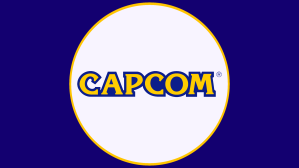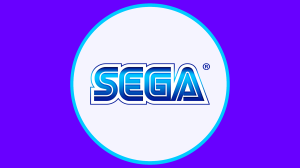In 2005, Star Trek: Enterprise aired its final episode and, with no new films or television series in development, the Star Trek franchise seemingly came to end. Most fans would agree that Star Trek was the victim of a phenomenon known as franchise fatigue. Could Star Trek be on the verge of making the same mistake?
Videos by ComicBook.com
Franchise fatigue is what happens when too much of a certain intellectual property is produced in too short of a time period without much distinction between products, causing many fans to lose their appetite for it. It feels a bit surprising to be talking about Star Trek in such terms again since between 2006 and 2016 the only official, canon entries into the Star Trek franchise were the three films to take place in the Kelvin timeline.
But with the debut of Star Trek: Discovery on CBS All Access in 2017, the announcement of Patrick Stewart’s return to the role of Jean-Luc Picard in a new Star Trek series, CBS’ intentions to have new Star Trek releasing all year round, and Paramount trying to get multiple Star Trek movies off the ground, some fans have begun to worry if Star Trek’s return is verging on too much, too fast.
Ronald D. Moore is a veteran writer of science fiction television who was one of the key voices during Star Trek’s golden age in the 1990s, writing first for Star Trek: The Next Generation before moving on to Star Trek: Deep Space Nine. Moore recalls what it was like when Star Trek ran out of steam in the mid-2000s.
“When you say something like franchise fatigue, to me, it means that particular flavor had run dry,” Moore said during a panel at Star Trek Las Vegas (via Trek Movie). “To mix my metaphors, essentially that way of doing Star Trek, that way of telling story, and those kinds of stories had run its course. You could just see in the shows. It had fatigue. It was tired. It wasn’t really engaging anymore or felt like it was just standing in place.”
The key to fighting franchise fatigue, according to Moore, is bringing in new talent with new ideas and a willingness to change up the rules of the franchise.
“Then it gets reinvented, and then you bring in new people, and you bring in new ideas, and you change up the parameters, and then it all gets reinvigorated again,” Moore says. “So, it’s not so much about volume, it’s not really about how many shows there are, it’s really about are you able to still engage the audience and make it seem fresh and exciting. Once you’re in the same place and doing the same show time after time after time, which is what the Star Trek franchise started to feel like by the time that Enterprise ended, it just felt all the same and it didn’t feel new. Then it’s time for a big change, then it’s time to go fallow for a while and plant the ground all over again.”
That is pretty much exactly what Star Trek has done. The franchise had little choice but to “go fallow” after Enterprise and when it returned four years later it introduced a very different flavor and an entirely new timeline in 2009’s Star Trek. Similarly, Star Trek: Discovery is unlike any Star Trek series that has come before it, and CBS is planning to experiment with new formats such as the micro-series with Star Trek: Short Treks and possible limited series in the future.
Moore spoke directly to concerns about the modern Star Trek franchise. Moore seems to feel like the franchise is doing well for not, reiterating again that having Star Trek year-round isn’t a problem as long as CBS is providing distinct offerings.
“Where you are now it’s like, okay, it’s all been reinvented, it looks completely different, the style is very different, the stories are different, so it doesn’t feel like you’re in danger of franchise fatigue just because there’s a lot of them coming out,” he said. “If they’re all the same or if they just start becoming the same meal over and over again, then you’ll run into fatigue and they’ll have the same problems.”
Are you worried about Star Trek running into franchise fatigue? Let us know what you think in the comments!








